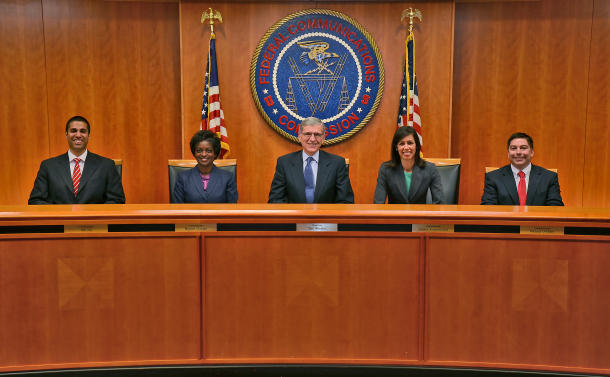This is another poorly written article that may just be news instead of an editorial. What caught my eye was the quote below.
But for some internet service companies, the deployment of faster internet “must be” regulated, and more specifically in some areas where internet businesses are protected by laws.
Although the sentence does not make sense, I believe that they are supporting regulating Internet Service Providers (ISP). Why is it a foregone conclusion that the Internet must be regulated? The Internet has grown organically with little to no regulation. Unlike the statements made in this article, there are ways to provide competition in the broadband services market. The only reason that the so-called press wants regulation is their proclivity towards government control and to preserve their industry. Traditional media is dying and having the government regulate the Internet helps to preserve their business.
I agree that municipalities and localities need to be in control of their broadband future, but not at the expense of taxpayers. I do not agree with the state laws preventing cities from entering into business relationships that can increase their broadband penetration, but I also do not think that they should compete with commercial enterprises. Once again open-access broadband infrastructure is the answer.

Who doesn’t want to stream faster Netflix videos? Access Facebook seamlessly, or watch YouTube videos in 4K resolution? The bottom line, there’s a demand for cheap, but very fast internet connection.
See Google Fiber as one of the best examples out there.
Google Fiber is the search giant’s popular but very expensive to build internet service with a 1-gigabyte-per-second internet connection. The Mountain View, California-based search and advertising company is already serving three markets in America, Kansas, Provo and Austin, and could expand to nine others in the near future.
And while the mobile phone market is growing and computers are getting cheaper, consumers are now demanding for faster and affordable internet speed. Luckily, faster internet is not limited to mega cities only, or cities selected by Google, AT&T or CenturyLink.
But for some internet service companies, the deployment of faster internet “must be” regulated, and more specifically in some areas where internet businesses are protected by laws. These business giants are now asking the FCC to stop the expansion of — well, not Google Fiber this time, but the city-operated internet services.










